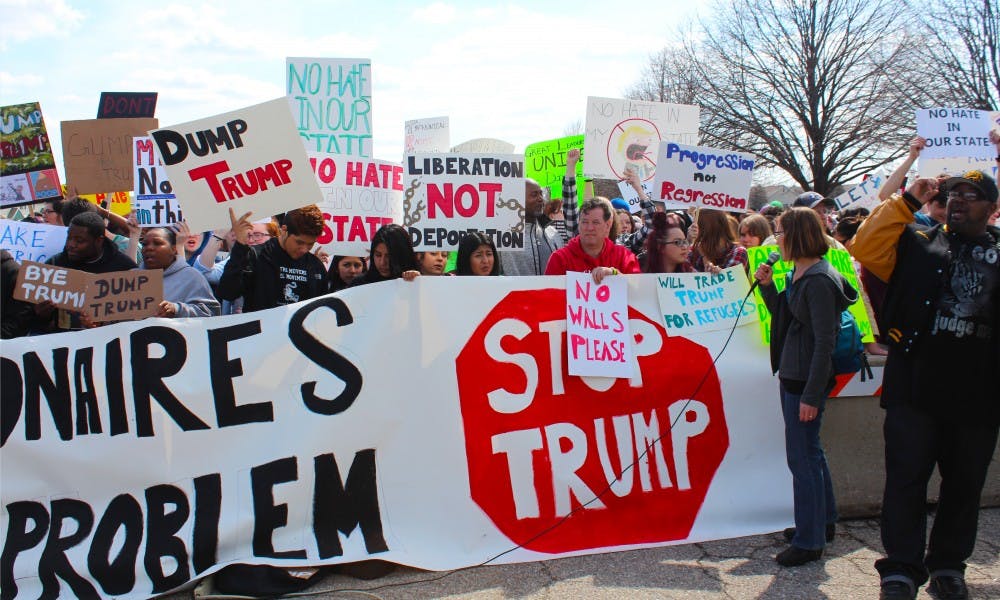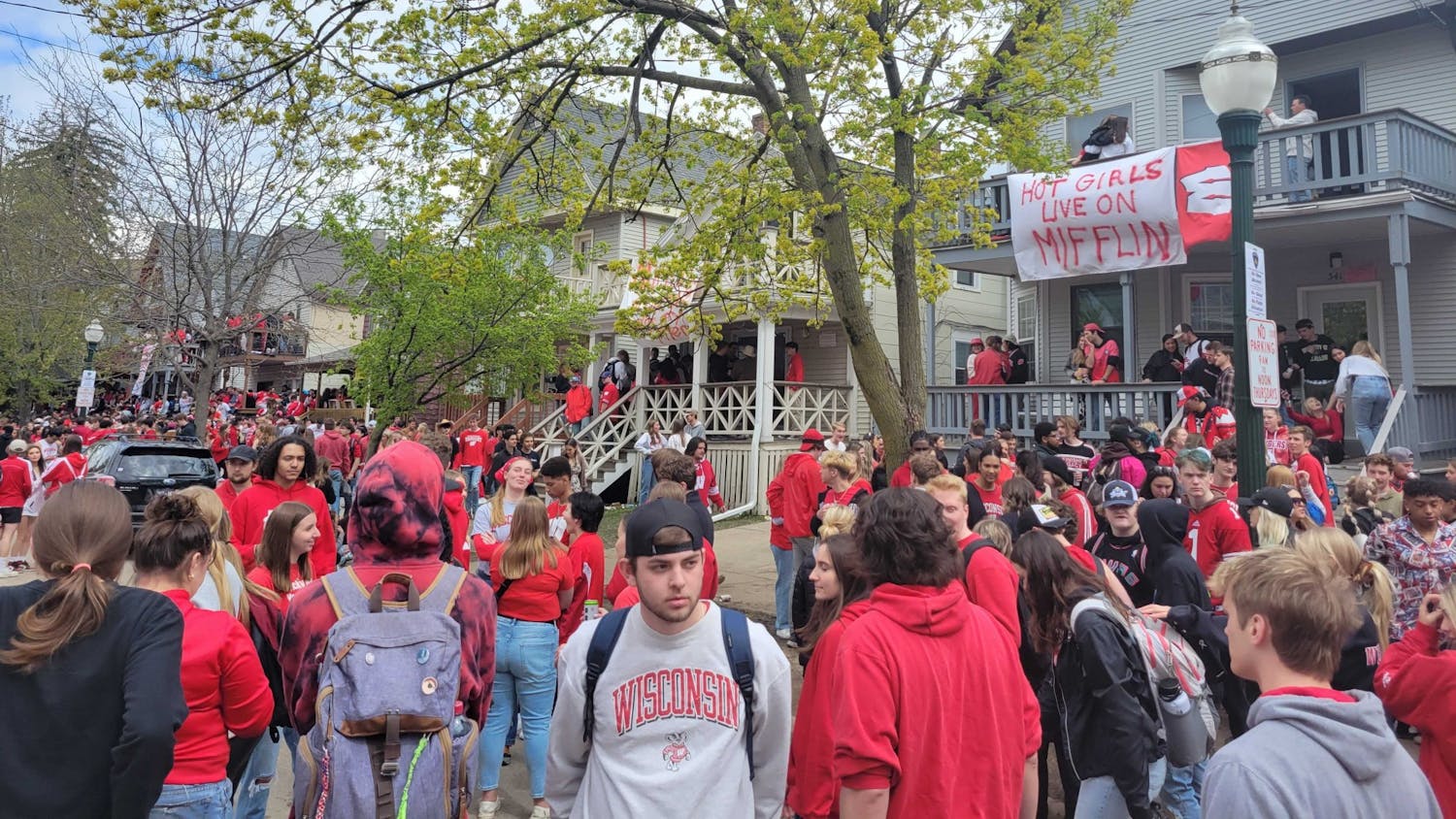You may have heard that Donald Trump is the front-runner to win the Republican presidential nomination. Now, aside from the fact that that reflects terribly on the United States, it’s also just about the last thing the Republican Party wants.
While Trump may be ahead in most polls—as he’s told us in many a debate—establishment Republicans can’t stand the idea of Trump being their candidate. Unfortunately for them, they may have missed their best shot at stopping him.
Trump’s campaign has been all about momentum. This is a guy that, a year ago, wasn’t even mentioned in the polls. His candidacy began at around 4 percent, where it hovered for a little over a month. But then he started getting louder, and people started listening.
His support nearly quadrupled in a month, and he shot into the driver’s seat of the race. Ben Carson’s mysterious three months of glory overtook him for a few days, but Trump’s reign atop the Republican polls has been essentially uncontested. Of course, for a while, that wasn’t saying much.
In a race that literally needed two debates to accommodate all of its participants, being in first doesn’t mean much. With so many candidates receiving votes in the polls, Trump’s “lead” was far from a majority. In fact, he didn’t receive even a third of the vote share until December, and he still doesn’t hold a majority.
That means there was still plenty of room for the establishment Republicans to beat Trump. Part of the reason so many pundits discredited Trump’s chance at getting the nod was his inability to win over the more moderate Republicans from whom candidates like Marco Rubio and John Kasich get most of their support.
And that was probably true, too. Rubio and Kasich’s rises and falls in the polls have been almost inextricably linked; when one lost support, it was almost always because his voters left for the other. Very rarely were moderate voters ditching their candidates for Trump.
That meant that the GOP had a prime opportunity to unite their voters under one candidate against Trump and practically run away with the nomination—once. But now they’ve missed their chance.
Candidates waited way too long to drop out of the race, allowing Trump to rack up both delegates and support. Get this: Although Jeb Bush’s campaign had lost all hope even before he started begging his supporters to clap for him, he didn’t formally suspend it until Feb. 21. By that time, Trump had already won 68 of the 93 available delegates.
Bush’s hesitancy to leave the race is representative of the rest of the candidates, too. And it wasn’t just delegates that were the issue. When candidates began slowly dropping out, Trump had a commanding lead in the polls. And the thing about public polls is that they affect people’s decisions when voting.
Republican voters, be it those that haven’t picked a candidate or those that have, see the polls and see Donald Trump way ahead and think one of several things.
First, there’s a sentiment in the political realm that once a candidate is far enough ahead, it’s not worth voting for anyone else because it would be a “wasted vote.” People want their vote to be worth something, and no one likes voting for someone that loses. And when even a 10 percent lead can be several million votes, Trump’s largest lead of nearly 20 percent probably seems insurmountable, which leads people to jump aboard.
Other voters see that high vote share and figure there must be something to the candidate that they didn’t see at first. If a lot of their peers are voting for someone, many people tend to soften their view of that candidate.
We can be fairly sure that fully half the GOP voters don’t agree with Trump’s policies and demeanor, yet he has nearly half of their support. There must be other factors at play.
The establishment Republicans needed to pick their favorite candidate and unite their support around him or her long ago, when Trump’s campaign was just comedic relief. Because of Trump’s reliance on momentum, cutting this momentum off before it began was key in preventing his rise.
That candidate probably would have been Rubio, who would have only needed the supporters from a few other establishment candidates to surpass Trump in the polls back in November. That would have severely hindered Trump’s meteoric rise, and essentially halted the bandwagon effect that he’s benefitted from recently.
But now it’s too late. Trump has nearly 50 percent of the vote share, almost 11 percent ahead of second-place Ted Cruz (who the establishment hates just as much, for what it’s worth). He leads Cruz by 273 delegates and is closing in on the 1,237 needed to win the nomination outright.
Since Cruz would need to win 82.1 percent of the remaining delegates to reach that figure and Kasich physically can’t, the establishment’s last chance to stop Trump is a contested convention, in which no candidate receives a majority of the delegates.
They’ll desperately hope that Kasich can pull a rabbit out of a hat and win at a contested convention, but that’s not exactly a sure thing. There was a time once when the “Trump Train” could be slowed, but that’s about ten stations back. It’s full steam ahead now, almost certainly right to the general election in November.
Tommy is a sophomore majoring in Middle East studies. Do you think it’s too late for other Republican candidates? Send your comments to opinion@dailycardinal.com.






